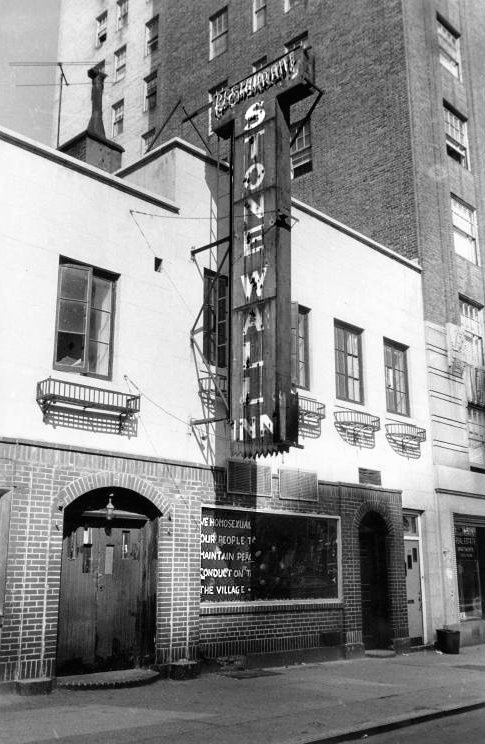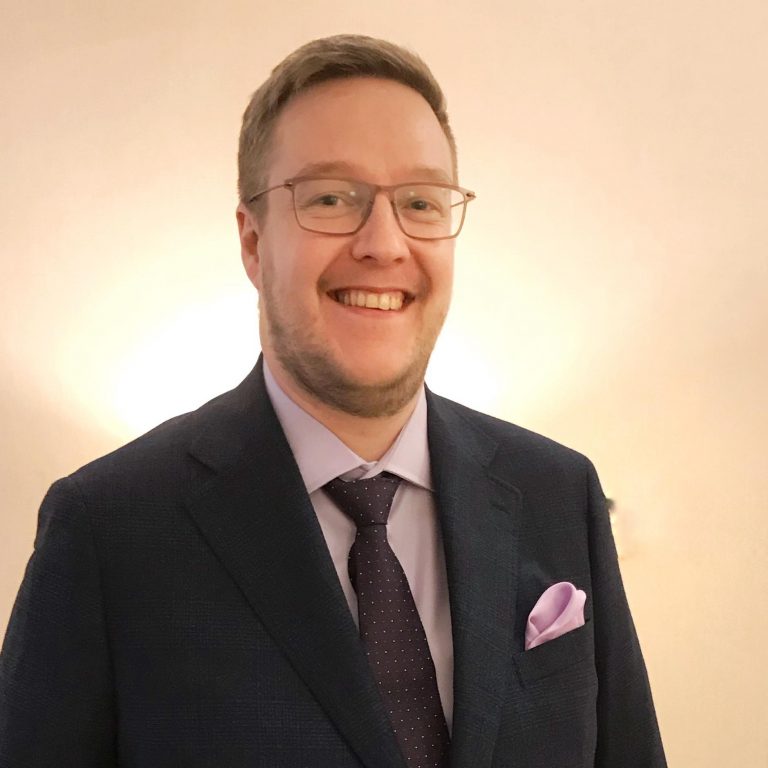Today, Friday June 28, the national queer organization Samtökin ’78 will be holding in Reykjavik an event called The first Pride was a riot as a tribute to the Stonewall rebellion – this ”shot heard round the world ” fifty years ago to the day. Although the first Pride was most certainly not a riot in Iceland (much more of a peaceful rally in fact), Sigurður Júlíus Guðmundsson, treasurer of the association, explains why LGBT-rights activism shouldn’t be considered a thing of the past in Iceland.
The event

Today, Friday June 28, over the course of a few hours, the guests will be invited to join in multiple activities downtown Reykjavik. From 5 to 5.30 pm, curator Ynda Gestsson will walk 20 guests through the art exhibition Outside the brackets: Art and Samtökin ’78 hosted by library Borgarbókasafnið Grófinni (Tryggvagata 15). ”Make sure to register!”, says Sigurður . At 6, Samtökin will open its doors (Suðurgata 3) for a lecture on the Stonewall rebellion, unraveling its origins, describing its course and impact. ”Deaf and english-speaking people are welcome to join, as sign language interpretation and translation to English will be provided,” he points out. At 6:45, the guests will be invited to stay for an art performance in memory of Stonewall and an alcohol-free, vegan-friendly barbecue party. ”I can tell you that we built a wall from scratch for this performance…”, Sigurður laughs. The party will then move to the restaurant / bar Geiri Smart (Hverfisgata 30), which will be the last stop of the day. ”Expect drunken, revolutionary speeches,” he says and laughs again.
”Expect drunken, revolutionary speeches.”
The heritage

On June 28, 1969, the Stonewall riots ignited the fight for equal rights in the US and triggered a chain reaction reaching far across the American borders. One year after the riots, to the day, the first Pride marches in history were held in the streets of Chicago, New-York, Los Angeles and San Francis-co. The next year, the wave of protests reached London, Paris, West Berlin and Stockholm.
What about Iceland? ”No rebellion hit Iceland at the time, or after,” says Sigurður. ”Sexual difference, just as any other difference for that matter, remained a taboo. If you failed to fit in, you would most likely face brutal rejection. Back in the late sixties and early seventies, there was no gay community in Iceland, but an invisible minority loosely knit together through sub rosa networks (PO boxes as early-Grindr for example!), coded language and places rumored to be gay meeting points – like Hótel Borg”, Sigurður explains.
As a matter of fact, the first Pride was held in the streets of Reykjavik in 1999, thirty years after the first marches in the US (even though much smaller protests took place in 1993 and 1994).
”However, weirdly enough, the event that led to the creation of Samtökin, and ultimately to the awakening of LGBT-rights activism in Iceland, took place only a few years after the riots”, says Sigurður. ”In 1975, Hörður Torfason, a young singer well-known in Iceland back then, came out during an interview and was almost instantly cast out: he lost everything in a matter of days, and felt he had no choice but to leave the country. He mustered the courage to move back to Iceland two years later, but only just. The next year, however, Samtökin ’78 was born.” Sigurður insists that ”even though the fight for equal rights hasn’t been nearly as dramatic in Iceland as in other countries, it hasn’t been a walk in the park either: ”we’ve had our fair share of struggles, and it’s not over just yet.”
” … we haven’t achieved equality yet, despite far-reaching victories in the past decades.”
The challenges ahead
A few weeks before Reykjavik Pride, scheduled from August 8 to 17, Samtökin wishes this homage to serve as a reminder that the fight for equality in Iceland is far from over. ”Today with all the glitz and glitter it’s easy to forget that Pride parades are protests”, says Sigurður. ”When we wave brightly colored rainbow flags, make no mistake: we are demanding equal rights.” Even though Iceland is sometimes depicted today in the media as an utopia, ”we haven’t achieved equality yet, despite far-reaching victories in the past decades. Queer asylum seekers are most vulnerable in Iceland, while we still struggle to catch up on trans and intersex people rights”, he says, pointing out the flaws of the gender identity law passed on June 18. ”A bittersweet victory”, he sighs.


